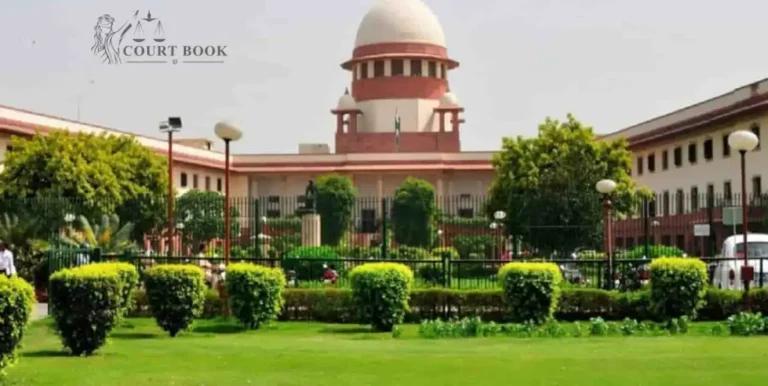The Supreme Court reaffirmed the fundamental right to freedom of speech and expression under Article 19(1)(a) of the Constitution. The Court emphasized that police officers, as part of the State, must respect constitutional ideals and protect citizens' rights. The ruling came while quashing an FIR against Rajya Sabha MP Imran Pratapgarhi for sharing a poem on social media.
Key Highlights from the Judgment
"The police officers must abide by the Constitution and respect its ideals... Liberty of thought and expression is one of the ideals of our Constitution."
— Supreme Court Bench of Justices Abhay Oka and Ujjal Bhuyan
Read Also:- Supreme Court Quashes FIR Against Congress MP Over Poem, Upholds Freedom of Speech
Constitutional Duty of Police
- The Court stated that police officers, being part of the State under Article 12, must uphold constitutional values, including freedom of speech (Article 19(1)(a)).
- Officers must ensure that actions do not violate fundamental rights unless reasonable restrictions under Article 19(2) apply.
Need for Sensitization
- Despite 75 years of the Constitution, many officers remain unaware of their obligations.
- The Court urged states to conduct training programs to educate police on constitutional duties.
FIR Quashed Over Poem
- The case involved an FIR against MP Imran Pratapgarhi for posting a video with a poem titled "Ae khoon ke pyase baat suno."
- The Gujarat Police alleged the poem promoted enmity under Sections 196, 197, 299, and 302 of the Bharatiya Nyaya Sanhita (BNS).
- The Court ruled the poem conveyed non-violence and resistance to injustice, not hatred or disharmony.
Read Also:- Supreme Court Reserves Judgment on Congress MP Imran Pratapgarhi's Plea to Quash Gujarat FIR
Preliminary Inquiry Mandatory in Speech-Related Cases
- For offences punishable with 3–7 years imprisonment, the BNS Section 173(3) allows police to conduct a preliminary inquiry before registering an FIR.
- The Court criticized the police for not using this provision, which safeguards free speech.
"If police do not conduct a preliminary inquiry, they risk violating fundamental rights under Article 19(1)(a)."
Judicial Standards for Evaluating Speech
- The effect of words must be judged by reasonable, strong-minded individuals, not those easily offended.
- The Court cited past rulings (Bhagwati Charan Shukla, Shreya Singhal) to stress that dissent and artistic expression are protected under democracy.
- Protects Dissent: The Court upheld that criticism of authority is part of democratic expression.
- Prevents Misuse of Law: Police cannot arbitrarily register FIRs against free speech without due scrutiny.
- Safeguards Art & Literature: Poems, films, and satire contribute to meaningful public discourse.
Case Title – Imran Pratapgadhi v. State of Gujarat















